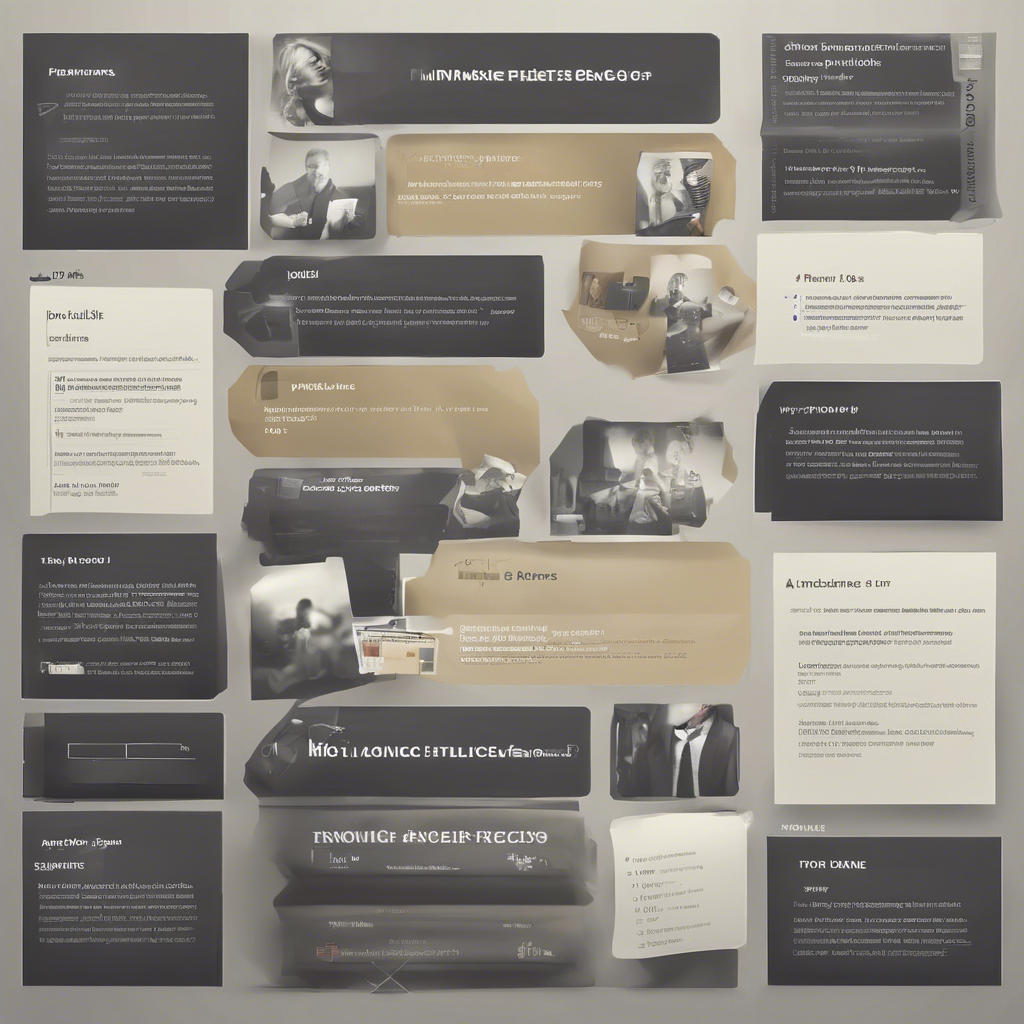Freelance vs. Traditional Job: Which Path Should You Choose?
- aliza301
- Aug 3, 2024
- 3 min read
In today's dynamic job market, individuals are often faced with the dilemma of whether to pursue a freelance career or opt for a traditional job. Both paths offer unique benefits and challenges that cater to different preferences and aspirations. If you find yourself contemplating between freelancing and a conventional 9-5 job, this listicle will guide you through essential aspects to help you make an informed decision.
1. Freedom and Flexibility
One of the primary distinctions between freelancing and traditional employment is the level of freedom and flexibility each offers. As a freelancer, you have the autonomy to set your schedule, choose your projects, and work from anywhere in the world. This flexibility allows you to strike a better work-life balance and tailor your workload to suit your preferences and priorities.

2. Stability and Security
On the other hand, traditional employment often provides a sense of stability and security that freelancing may lack. With a traditional job, you can expect a steady paycheck, employee benefits, such as health insurance and retirement plans, and a structured work environment. This predictability can offer peace of mind and financial security, especially during uncertain times.
3. Skill Development and Growth
Freelancing can be a catalyst for skill development and personal growth. As a freelancer, you have the opportunity to work on diverse projects, collaborate with different clients, and expand your professional network. This exposure can lead to accelerated learning, honing of your expertise, and potentially higher earning potential as you enhance your skills and reputation in your industry.
4. Job Satisfaction and Passion
Choosing between freelancing and a traditional job also involves considering your intrinsic motivation and passion for your work. Freelancers often have the liberty to pursue projects that align with their interests and values, leading to increased job satisfaction and motivation. On the contrary, traditional jobs may offer stability but could limit your ability to pursue your passion or have control over the type of work you do.

5. Income Potential
When it comes to income potential, both freelancing and traditional jobs have their pros and cons. Freelancers have the opportunity to set their rates, negotiate contracts, and take on multiple projects simultaneously, potentially leading to higher earnings. Conversely, traditional employment may provide a fixed salary with periodic raises and bonuses, offering a sense of financial predictability but potentially capping your earning potential based on your job position.
Final Thoughts
In the decision between freelancing and a traditional job, there is no one-size-fits-all answer. It ultimately boils down to your personal preferences, career goals, risk tolerance, and values. While freelancing offers independence and creativity, traditional employment provides stability and benefits. Consider your long-term aspirations, financial objectives, and desired lifestyle when weighing the pros and cons of each career path.
Whichever path you choose, remember that both freelancing and traditional jobs have their merits and challenges. Explore your options, reflect on what matters most to you, and embark on a career journey that aligns with your aspirations and values.
In conclusion, the decision to freelance or pursue a traditional job is a significant milestone in your career journey. By evaluating your priorities, assessing the pros and cons of each path, and understanding your professional goals, you can make an informed choice that resonates with your ambitions and fulfills your career aspirations.
Adopting a professional tone, this blog post explores the considerations between freelancing and traditional employment, providing insights for individuals weighing their career options in a competitive job market.

Comments